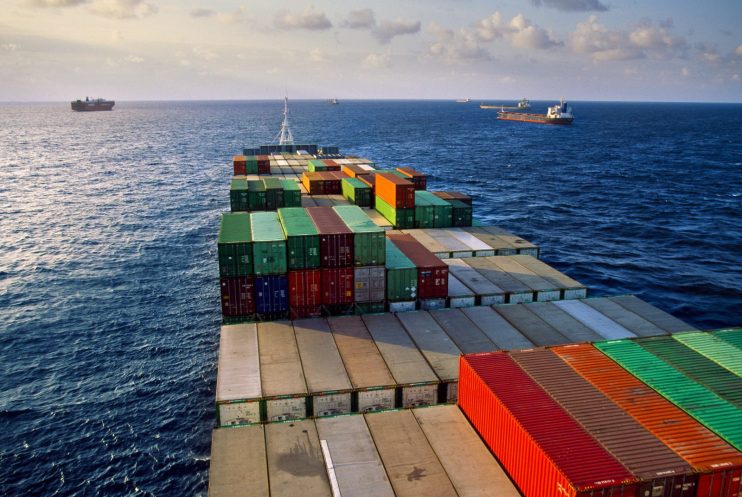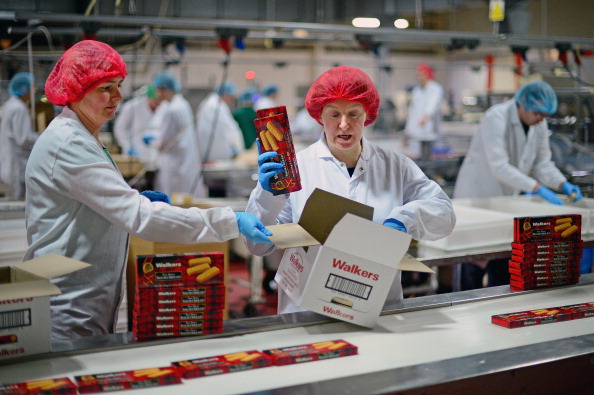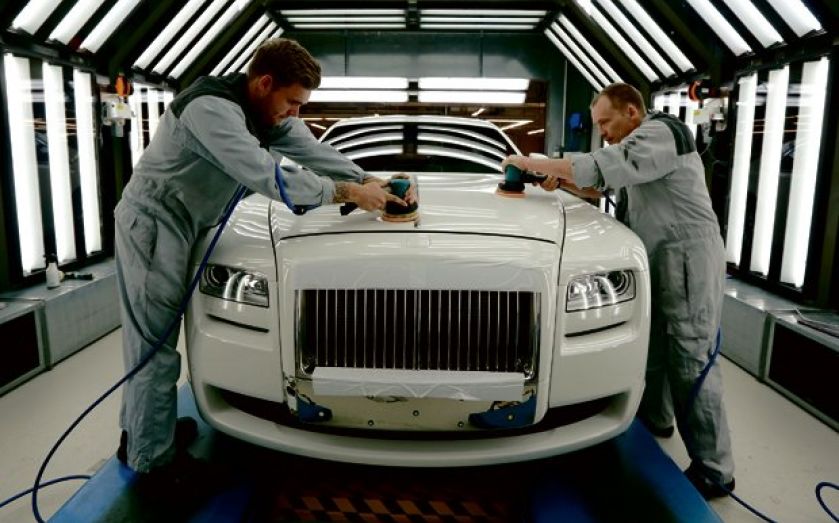Stamping ‘Made in UK’ on products could boost exports by £3.5bn

In a boost for Brexit Britain, a global survey of consumers showed marketing UK exports as ‘Made in Britain’, could grow export receipts by £3.5bn.
With further trade deals on the horizon, British exporters have the opportunity to add value to their businesses, through boosting exports to nations where British products are desirable, according to a research by Barclays Corporate Banking.
In a global survey of 10,000 people respondents were asked how much extra they’d be willing to pay if products such as food and drink, clothing and cars bore a Union Jack kite mark.
Indian respondents said on average they’d pay an 11.8 per cent mark-up for products made here.
Other nations willing to pay a premium for products bearing a Made in Britain stamp include South Africa, the US and the United Arab Emirates – each willing to offer 9.6 per cent, 10.4 per cent and 10.9 per cent in gross premiums respectively.
The world’s most populous countries also singled out UK-made products as being of higher quality. Two thirds of consumers in China and India said they’d be inclined to pay more for goods
displaying the Union Jack because they believe them to be of a higher quality.
The survey average was 39 per cent of respondents who had a British-is-best attitude.
A picture is also emerging among already loyal buyers of British goods, who say they are used to paying more. In fact, 69 per cent of consumers in India and 64 per cent in China said they have bought more British goods then they did five years ago.

Among products consumers couldn’t get enough off were, general food products, alcoholic beverages, soft, fashion items, automotive products and homeware. This came after Barclays asked consumers the price premiums they’d attach to a number of British-made goods.
Welsh lamb and Scottish shortbread top the cravings of international consumers who said they are willing to pay higher premiums for at a price of 11.7 per cent.
However, the automotive industry was held in equal esteem as 15 per cent of people surveyed described British vehicles as the best in the world. On average, respondents committed to paying a 10.2 per cent premium for British-made cars.

The Barclays report has suggested a number of potential trading partners for UK businesses to capitalise on, all which are already making the largest contributions to UK exports. These include the US at £1.2bn, China at £313m and France at £543m.
Global head of trade at Barclays Corporate James Binns said UK-made products are still held in high regard around the world, as people will pay high premiums for them.
“Consumers perceive British goods as being value for money. Not only because of quality, but longevity, innovation and craftsmanship.”
Binns also said further free-trade deals would help secure more exports for UK businesses.
“Trade deals are vital and as we are seeing already, companies will pay a reduced duty when their products arrive in other countries. Free trade simplifies cross border access making the markets more accessible”, he added.